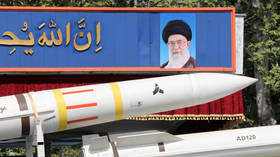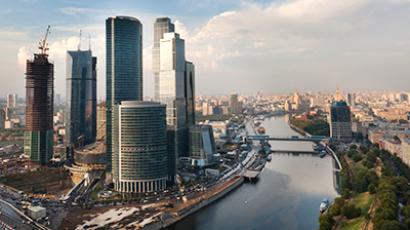People power key to Russian growth

The Russian people are becoming an increasingly precious asset within the economy. Given all their knowledge and talent they could potentially create $19.3trln, outpacing the current GDP almost 13-fold.
The cost of “human capital” encapsulated in each Russian stands at about $193,500 given 2010 prices, as calculated by experts from the Higher School of Economics (HSE). This is more than 5 times the value of physical assets, meaning that human capital “is becoming increasingly important for economic growth,” Rostislav Kapelyushnikov, deputy director at the Center for Labour research at HSE, told Vedomosti daily.The cost of human capital is a term designed to value an individual’s potential to create revenue, while he is employable (15 – 64 years old). It considers one’s abilities and talents, as well as education and qualifications. Calculations are based on the pace of wage growth and the discount rate, which means they take into account such economic variables as inflation. For Russia, the HSE took a discount rate of 4%, with the annual wage growth of 5.2%.Men in Russia were valued 50% higher than women. Age and the level of education are one of the most influential variables. People aged between 15 – 34 years old account for 67% of the total capital, while in the US the figure stands at 58%.However, the main issue isn’t the current cost of human capital, but whether the mechanisms to efficiently use the potential really work, whether “the education system realizes its function of increasing the human capital,” concludes Dmitry Belousov, an expert from the Centre of Macroeconomic Analysis and Short –term Forecasting. The growing importance of human capital is turning into a trend in many of the world economies. In most of the developed world the so-called “cost of people’s potential” is around 10-11 times higher than the GDPs in corresponding states, according to the research by the Organization of Economic Cooperation and Development (OECD).














